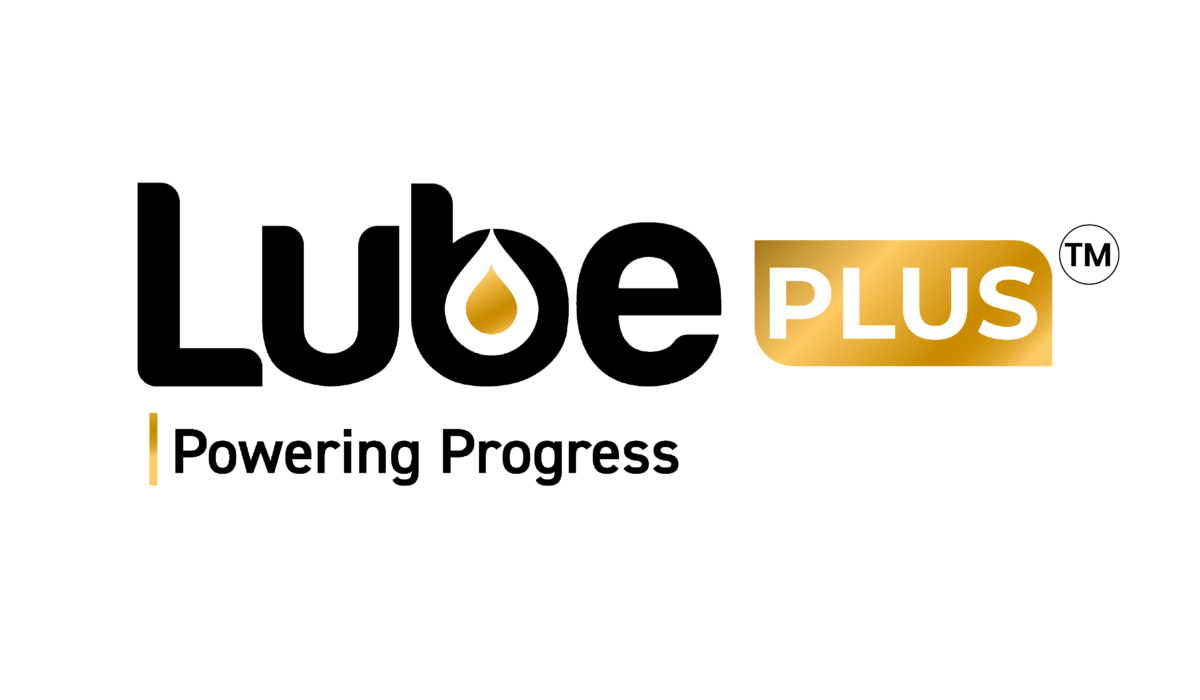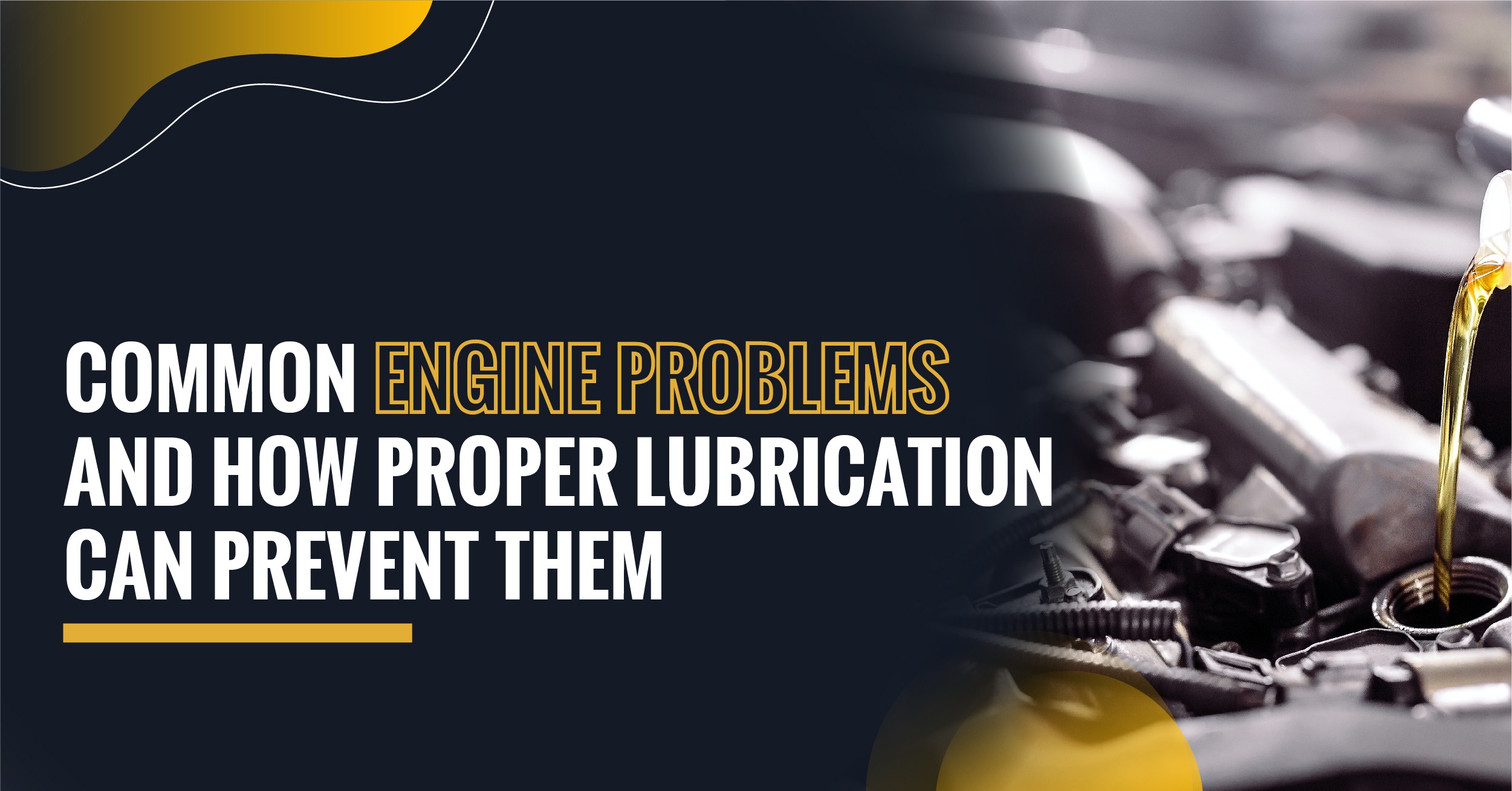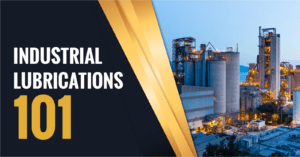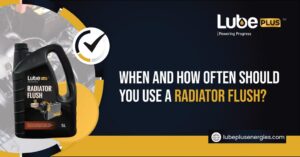Engine problems are one of the most frustrating and costly issues that car owners can face. A faulty engine can affect the performance, efficiency, and safety of your vehicle, and may require expensive repairs or replacements. However, many engine problems can be prevented or minimized by using proper lubrication. In this blog post, we will discuss some of the common engine problems and how proper lubrication can prevent them.
What is proper lubrication and why is it important for your engine?
Proper lubrication means using the right viscosity, quality, and quantity of engine oil for your vehicle, and changing it regularly according to the manufacturer’s recommendations. Engine oil is a vital fluid that performs several functions for your engine, such as:
• Lubricating the moving parts of the engine to reduce friction, wear, and heat.
• Cooling the engine by transferring heat from the combustion chamber to the radiator.
• Cleaning the engine by removing dirt, debris, and sludge from the engine surfaces and the oil filter.
• Protecting the engine from corrosion, oxidation, and acid formation by neutralizing harmful substances and forming a protective film on the metal parts.
• Sealing the gaps between the pistons and the cylinders to improve compression and power.
Proper lubrication can ensure that your engine runs smoothly, efficiently, and reliably, and can extend its lifespan and performance. On the other hand, improper lubrication can cause various engine problems, such as:
• Overheating: If the engine oil is too low, too old, or too thin, it can fail to lubricate and cool the engine adequately, leading to overheating and possible engine damage.
• Oil leaks: If the engine oil is too high, too old, or too thick, it can cause excessive pressure and leakage from the seals, gaskets, or hoses, leading to oil loss and environmental pollution.
• Oil sludge: If the engine oil is contaminated with water, fuel, or dirt, it can form a thick, sticky substance that clogs the oil passages, reduces oil flow, and impairs engine performance.
• Oil starvation: If the oil pump, oil filter, or oil pressure sensor is faulty, it can prevent the engine oil from reaching the critical parts of the engine, leading to oil starvation and severe engine wear.
• Oil breakdown: If the engine oil is exposed to extreme temperatures, pressures, or stresses, it can lose its viscosity, additives, and properties, leading to oil breakdown and reduced engine protection.
How can proper lubrication prevent common engine problems?
Proper lubrication can prevent common engine problems by ensuring that your engine receives enough oil of the right quality and condition. Here are some tips on how to achieve proper lubrication for your engine:
• Choose the right oil for your engine: You should always follow the manufacturer’s specifications and recommendations for the grade, and viscosity of the engine oil that suits your vehicle. You can find this information in your owner’s manual, or on the oil cap or label. You should also look for the API (American Petroleum Institute) or ILSAC (International Lubricant Standardization and Approval Committee) certification marks on the oil container, which indicate the level of performance and quality of the oil.
• Change the oil regularly: You should change the oil and the oil filter at the recommended intervals, which depend on the type of oil, the type of engine, the driving conditions, and the mileage. You can check the oil level and condition by using the dipstick, or by using an oil life monitor system if your vehicle has one. You should change the oil when it is low, dirty, or degraded, or when the oil change indicator light comes on.
• Use a quality oil filter: You should use a quality oil filter that matches your engine and oil specifications, and that can trap and remove the impurities and contaminants from the oil. You should replace the oil filter every time you change the oil, or more often if the filter is clogged or damaged.
• Check for oil leaks: You should inspect your engine regularly for any signs of oil leaks, such as oil stains, drips, or puddles under the vehicle, or oil smell or smoke from the exhaust. You should fix any oil leaks as soon as possible, by replacing or repairing the faulty seals, gaskets, or hoses, or by tightening the oil cap or drain plug.
• Avoid extreme driving conditions: You should avoid driving in extreme temperatures, speeds, or terrains, which can put extra stress and strain on your engine and oil. You should also avoid frequent short trips, idling, or towing, which can cause the engine to run hotter and consume more oil. You should drive smoothly and moderately, and allow the engine to warm up and cool down properly.
Why choose LubePlus Energies for your lubricant needs?
If you are looking for high-quality lubricant products for your engine, you should check out LubePlus Energies. LubePlus Energies is a fast-growing brand that offers lubrication solutions for the automotive and industrial sector. They have a wide range of lubricant products for different types of engines and systems, such as:
• LubePlus Energies Engine Oil: This is a premium engine oil that provides superior lubrication and protection for your engine. It is formulated with high-quality base oils and additives, and it meets or exceeds the specifications of major engine manufacturers. It is available in different grades and viscosities, such as LubePlus Energies Engine Oil 5W-30, LubePlus Energies Engine Oil 10W-40, and LubePlus Energies Engine Oil 15W-40.
• LubePlus Energies Hydraulic Oil: This is a high-performance hydraulic oil that provides excellent protection and performance for your hydraulic system. It is suitable for moderate to severe operating conditions, such as high pressure, high speed, high temperature, and high load. It meets or exceeds the specifications of API GL-4, and is compatible with most types of hydraulic systems and components. It is available in different formulations, such as LubePlus Energies Hydraulic Oil 30W API GL-4, LubePlus Energies Hydraulic Oil 10W API GL-4, and LubePlus Energies Hydraulic Oil 68.
• LubePlus Energies Gear Oil: This is a high-quality gear oil that provides reliable protection and performance for your gear system. It is suitable for general purpose gear systems, and can be used in a variety of applications. It offers good anti-wear, anti-foam, and anti-rust properties for your gear system. It is available in different grades and viscosities, such as LubePlus Energies Gear Oil 80W-90, LubePlus Energies Gear Oil 85W-140, and LubePlus Energies Gear Oil 150.
LubePlus Energies also offers other products, such as brake fluids, transmission fluids, and greases. All of their products are made with the finest base oils, and are tested and certified to ensure quality and performance. You can visit their website here https://www.lubplusenergies.com/ to browse their products and learn more about their benefits. Try LubePlus Energies today, and see the difference that proper lubrication can make for your engine.






